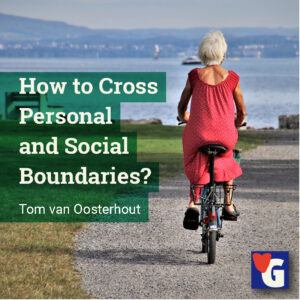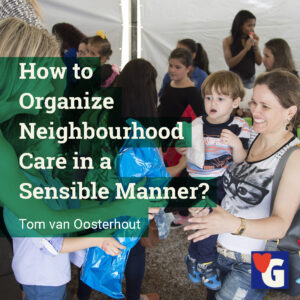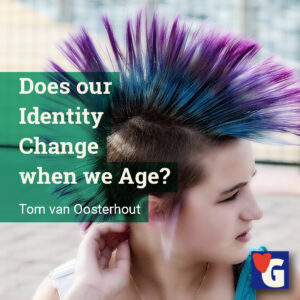
Why does a woman of 90 say: “I am not old. My neighbour is old.” And how old is your neighbour? “91.” With her statement, the 90-year-old woman emphasizes her independence. She warns you not to cross her personal boundaries. To cross personal and social boundaries is an effort.
The fear of crossing personal and social boundaries is a common human quality. Most people don’t want to ask others for help. The fear of losing independence is the biggest psychological threshold. On the other hand, nearly everybody is willing and prepared to help others.




